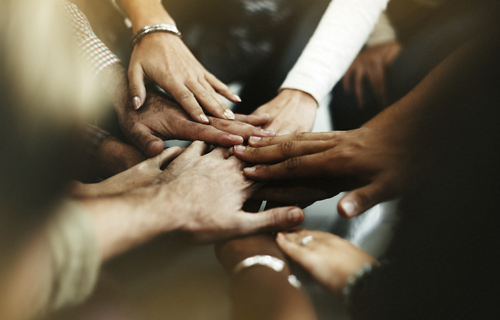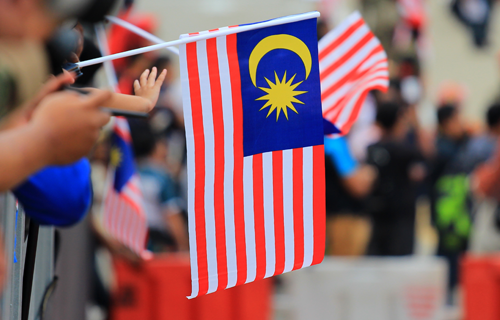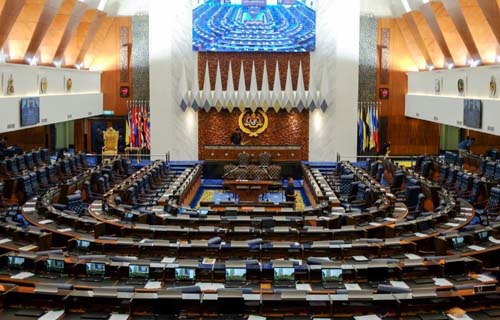A Better 22nd Century Malaysia Starts Now: Nurturing Our Cultural Roots

Written by Chang Siew Ching, member of Akar Umbi Kita, a programme for emerging advocates against racial discrimination by Architects of Diversity, Imagined Malaysia, IDEAS and the European Union. This article is published in conjunction with the International Day for the Elimination of Racial Discrimination.
My beloved country today still retains unequal treatment and aversive racism on the streets of Malaya and Borneo Malaysia, ranging from job opportunities up to the nation’s education system. While we all might be born in families, cultures and a country we didn’t choose, instructed in behaviour and values we might not have freely chosen, citizens always have a choice to relearn our prejudices and start building a better Malaysia that values and respects our different ethnicities, clearing up the “determine your class by race” concept that exist in our primordial society. Only by individual effort and mass awareness, we can foster true harmony and healthy politics to emerge in the decades ahead. I argue that Malaysian citizens must check-in with our beliefs and behaviours towards communities of a different skin colour or their own race. This is the first step to a journey of thousand miles to counteract discrimination and prejudice, regulations and legislation should be implemented through a broad consciousness campaign that includes self-regulation and attitude analysis. A baby step with a ripple effect on society.
It surprised me and drew a new layer of perspective to realize that ethnic card was also played out by politics in Borneo Malaysia (Wilayah Sabah & Wilayah Sarawak), as it serves as a crucial identity for the community’s standing in Malaysia’s government. All ethnicities feel the same. Racial and ethnic discrimination in Malaysia is nothing new, and it has been a contentious issue since the country’s independence in 1963. As the country today emerges with the younger population of millennials, Gen Y and Gen Z who come in multiracial communities for political activism, there is often a misconception that the younger generation are united, because these types of news are constantly featured and are the frontliners of Malaysia’s young population in the media today. Not presenting another fraction of our society which had inherited racism shaped by our environment and experience. Prejudices and discriminatory biases are undoubtedly still rooted in our blood, and the current administration can only help make the necessary reforms to alleviate this problem for future generations. “A man who has made a mistake and does not fix it is making another error.” I recommend that we begin with two crucial aspects in order to achieve true harmony and a mature Malaysia culture.
First, make a change in the first place by educating others. Based on genuine history, which exposes the stories of all communities without being excessively skewed by politicians in power. Furthermore, prejudice and discrimination must be addressed and made a part of education in order to provide future students the freedom from preconceptions that bind them and harmful tools that form their perceptions of local communities of a different culture. Second, underlining the value of each community’s mother tongues and customs should be emphasized and more often practiced in order to restore and nurture their native identity. Things seemed insurmountable until they were completed. After decades of immigration, our ethnic minority have also adopted more innovative ways of life (i.e., Baba-Nyonya) , indicating the emergence of a new culture. Preserving and cherishing our diverse cultures has left an indelible impact on Malaysia’s civilization.
In deep waters, we humans have the ability to learn, to bend and adapt like water. I argue here that our Malaysian community must work together to nourish and reaffirm our respective cultural roots, our skin colour and ethnic aspects whilst coming to a compromise with the help of time. Here I would quote a sentence written by poet Jane Hirsfield ‘A Tree lives on its roots, If you change the root, the tree will change as well. Human beings are cultural beings. Culture will change if the human heart is changed.’Being forced for minority communities to bend and adapt the culture of the majority is destructive. If the average Malaysian citizen has enough energy and awareness to discuss politics in street stalls and kopitiams, why not use this undeveloped potential to fertilize the growth of human sovereignty? Give the community a push to be the captain of our ships when needed to develop our civilization when it goes into the wrong hands. We as Malaysian citizens must first walk our own path by recognizing our new civilization on our land. We are responsible to nurture our own roots whilst revolutionizing into a new culture and more mature civilisation through reaching a natural agreement with the help of time.


